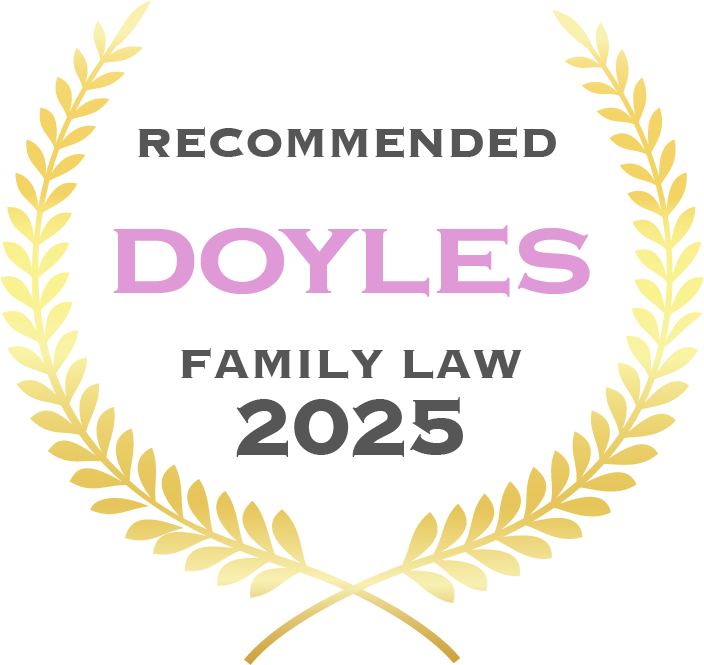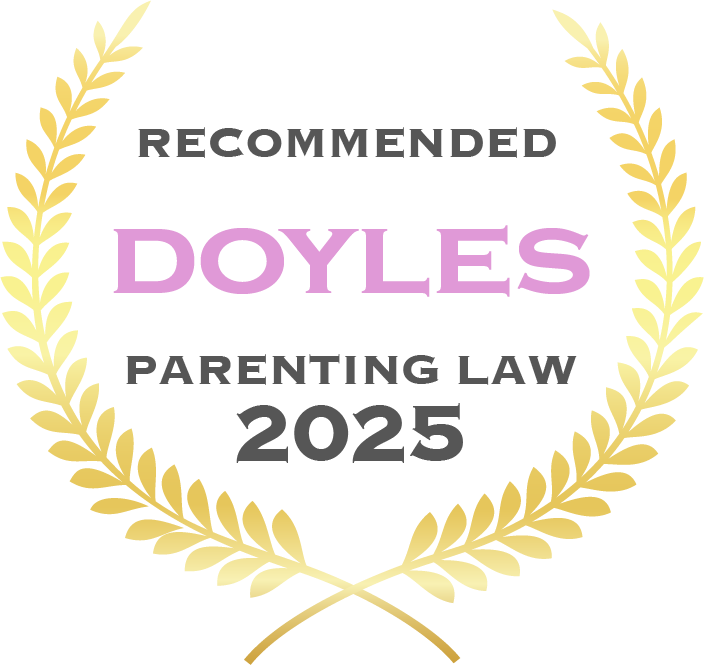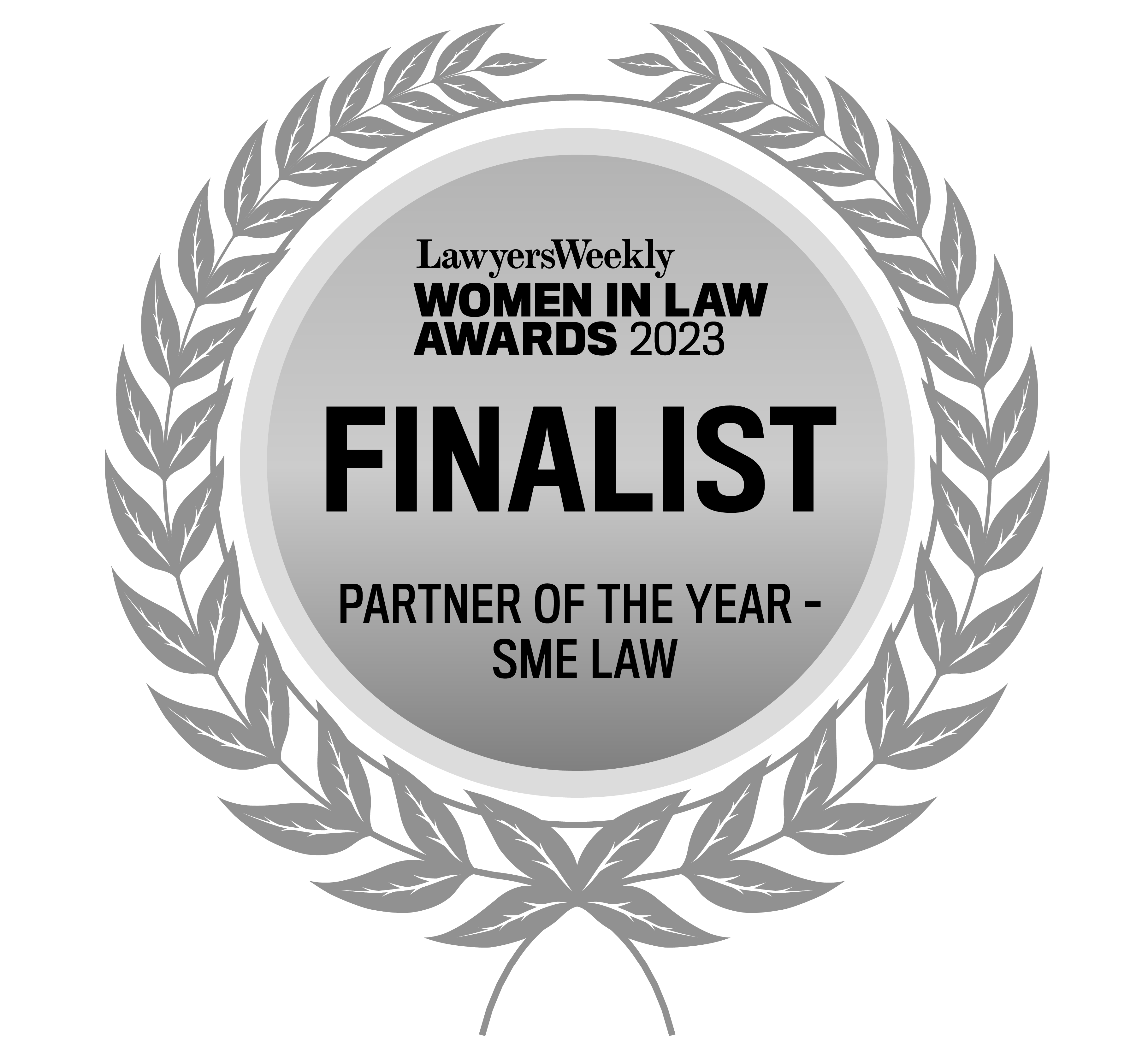
Understanding Hybrid Trusts
Hybrid trusts have emerged as a significant tool in financial planning and asset protection offering a structured way to manage assets and protect wealth. This guide delves into the intricacies of trusts, from their foundational concepts to the unique structure of hybrid trusts.
What is a Trust?
A trust is a foundational concept in legal and financial landscapes. At its core, a trust is a legal relationship where a person or a company (the Trustee) holds property for the benefit of others (the Beneficiaries). While there are various types of trusts, hybrid trusts stand out due to their adaptability and unique benefits. The Trustee, in the context of hybrid trusts, becomes the legal owner of the trust’s property and is bound by legal obligations to act in the best interests of the Beneficiaries.
The Nature of Hybrid Trusts
Hybrid trusts combine the elements of both discretionary and fixed trusts, offering a blend of flexibility and structure. For instance, the property ownership within hybrid trusts might be divided into units, akin to a unit trust. However, the distribution of the trust’s income might be left to the Trustee’s discretion, similar to a discretionary trust. Trusts can be either express or implied. Hybrid trusts, being express trusts, are created through a written agreement, typically known as a Deed of Trust.
Express vs. Implied Trusts
This agreement is between the Trustee and the Settlor, the individual initiating the trust. Unlike the Beneficiaries, the Settlor is often a professional, like an estate planning lawyer or accountant, representing the individual wishing to establish the trust. The rules governing hybrid trusts are explicitly outlined in this agreement, ensuring clarity and structure. On the other hand, implied trusts can either be inferred by courts or imposed as a remedy during dispute resolutions. These are termed resulting trusts and constructive trusts, respectively.
Helpful Questions & Answers
Heading 1
Heading 2
Heading 3
Heading 4
Heading 5
Heading 6
Lorem ipsum dolor sit amet, consectetur adipiscing elit, sed do eiusmod tempor incididunt ut labore et dolore magna aliqua. Ut enim ad minim veniam, quis nostrud exercitation ullamco laboris nisi ut aliquip ex ea commodo consequat. Duis aute irure dolor in reprehenderit in voluptate velit esse cillum dolore eu fugiat nulla pariatur.
Block quote
Ordered list
- Item 1
- Item 2
- Item 3
Unordered list
- Item A
- Item B
- Item C
Bold text
Emphasis
Superscript
Subscript
Case Study: The Versatility of Hybrid Trusts
We recently acted for a company which acted as the trustee of a fixed unit trust. The beneficiaries were entitled to fixed distributions of income from the trust each financial year, proportionate to the number of units held by them in the trust. They also had a beneficial entitlement to the underlying trust property, again proportionate to the number of units held by them individually.
The trustee wished to change the rules of the trust, so that the beneficiaries’ underlying ownership in the trust property would remain fixed (similarly to shares in a company), but so that the trustee would now have full discretion and control as to how, when and to whom distributions of income from the trust (being the profits of a business operated through the trust by the trustee) would be paid to beneficiaries.
This required alterations to be made to the trust deed.
Because the trustee had the power under the trust deed to amend the terms of the trust, we were able to draft a “supplemental deed” varying the terms of the original trust deed to achieve the trustee’s intention.
Essentially, we changed what could have been described as a “fixed unit trust” to a “hybrid trust”.
Such changes can carry significant tax implications and it is important to seek legal advice to ensure that the trustee has the power tochange the deed of trust and to ensure that the changes are made strictly inaccordance with the requirements of the trust deed.
Hybrid Trusts
A “hybrid” trust is another label used to describe a trust relationship. Hybrid trusts typically combine some of the elements of a discretionary trust with those of a fixed or unit trust:
- For example, the ownership of the property held by the Trustee may be divided into a number of units, with each beneficiary having a fixed entitlement to receive a share of the trust property proportionate to the number of units held by them upon the termination (vesting) of the trust.
- However, it might be the case that those beneficiaries do not have fixed entitlements to distributions of income of the trust, with the Trustee maintaining discretion as to which beneficiaries receive distributions of trust income each financial year and in what proportions – irrespective of the number of units they hold.
- This can be beneficial where it is intended that the beneficiaries will share in the ownership of the trust property in fixed proportions, but where it is important (perhaps for business or tax purposes) that the trustee has the overall discretion and control over where and to whom income of the trust is directed.
- Such arrangements are often referred to as “hybrid” trusts, but again, this is just a useful label to describe the rules set out in the trust deed. Trusts can differ greatly from one another and, while such labels can be helpful, it is most important to consider the terms of the deed establishing the trust in determining those rules.
Types of Express Trusts
It is often useful to attach a label to describe the rules within the trust deed:
- Families and businesses will often create a “discretionary” trust. A discretionary trust can have asset protection and tax minimisation advantages and will usually empower the Trustee to decide which beneficiaries of the trust will receive distributions of income in each financial year and in what proportions.
- Others wishing to share in the benefits of a business or some investment may create a “fixed” trust (or a “unit” trust). In a unit trust, each beneficiary will own a certain number of “units” in the trust which dictates their underlying beneficial ownership of the trust property and/or their entitlement to fixed distributions of income. Unit trusts are often used so that the ownership in real property can be shared among beneficiaries, but the property itself is owned by one person or entity (being the trustee).
- Units in a unit trust can be thought of much like shares in a company. That is, the property held by the Trustee is divided up into a number of “units” and each beneficiary holds a certain number of those units. That being said, a trust is very different and has different advantages and disadvantages in comparison with a company.
Ultimately, an express trust is the legal relationship between the Settlor, the Trustee and the Beneficiaries. The label used to describe the trust often depends on the set of rules laid out in the trust deed. These labels can be useful, but it is important to consider the actual terms of the deed to work out what obligations are owed by the Trustee to the Beneficiaries and what the Beneficiaries’ entitlements are
27
Combined Years Of Experience
Awards & Affiliations







.png)




.png)


.png)


.png)




